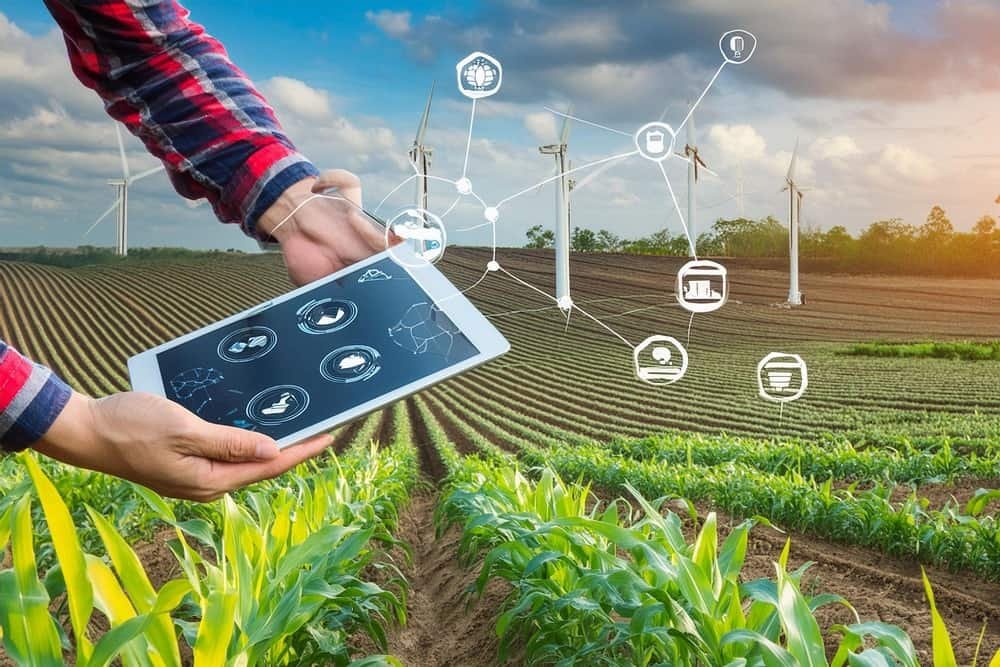As global water resources become increasingly scarce due to climate change and growing populations, the importance of efficient irrigation systems cannot be overstated. These systems are designed to optimize water use, ensuring that crops receive the necessary hydration with minimal waste. The implementation of efficient irrigation systems is a crucial strategy for sustainable water management and agricultural productivity. This article explores the various types of efficient irrigation systems and their significant impacts on water conservation.
Types of Efficient Irrigation Systems
There are several types of efficient irrigation systems, each with unique mechanisms for reducing water waste. The most common systems include:
1. Drip Irrigation
Drip irrigation is one of the most efficient methods, delivering water directly to the plant roots through a network of tubes, valves, and emitters. By minimizing evaporation and runoff, drip irrigation can reduce water usage by up to 70% compared to traditional methods.
2. Sprinkler Systems
Modern sprinkler systems can be highly efficient when properly managed. They are designed to simulate rainfall, distributing water evenly across the landscape. Advanced systems include sensors and weather-based controllers that adjust watering schedules based on current conditions, further conserving water.
3. Subsurface Irrigation
Subsurface irrigation involves the installation of tubes or pipes below the soil surface, delivering water directly to the root zone. This method reduces surface evaporation and minimizes water loss due to wind and runoff. It is particularly useful in arid regions.
Impacts on Water Conservation
The adoption of efficient irrigation systems has a profound impact on water conservation. Here are some key benefits:
Reduced Water Usage
Efficient irrigation systems significantly reduce the volume of water needed for agricultural purposes. By targeting the root zone and minimizing evaporation, these systems ensure that water is used more effectively and sustainably.
Improved Crop Yields
By providing consistent and precise watering, efficient irrigation systems help maintain optimal soil moisture levels. This leads to healthier plants and improved crop yields, even in regions with limited water resources.
Environmental Benefits
Reducing water waste also helps to preserve natural ecosystems. Efficient irrigation systems decrease the withdrawal of water from rivers and aquifers, protecting habitats for aquatic plants and wildlife.
Cost Savings
While the initial investment in efficient irrigation systems can be substantial, the long-term savings are significant. Reduced water usage translates to lower utility bills, and increased crop productivity can enhance profitability for farmers.
Conclusion
Efficient irrigation systems play a crucial role in sustainable water management. As the demand for water continues to rise, these systems offer a viable solution to conserve this precious resource while maintaining agricultural productivity. For those seeking expert guidance and installation services, Huntsville Irrigation services provides comprehensive solutions tailored to individual needs. Embracing these advanced technologies is not just an option; it’s a necessity for a sustainable future.




